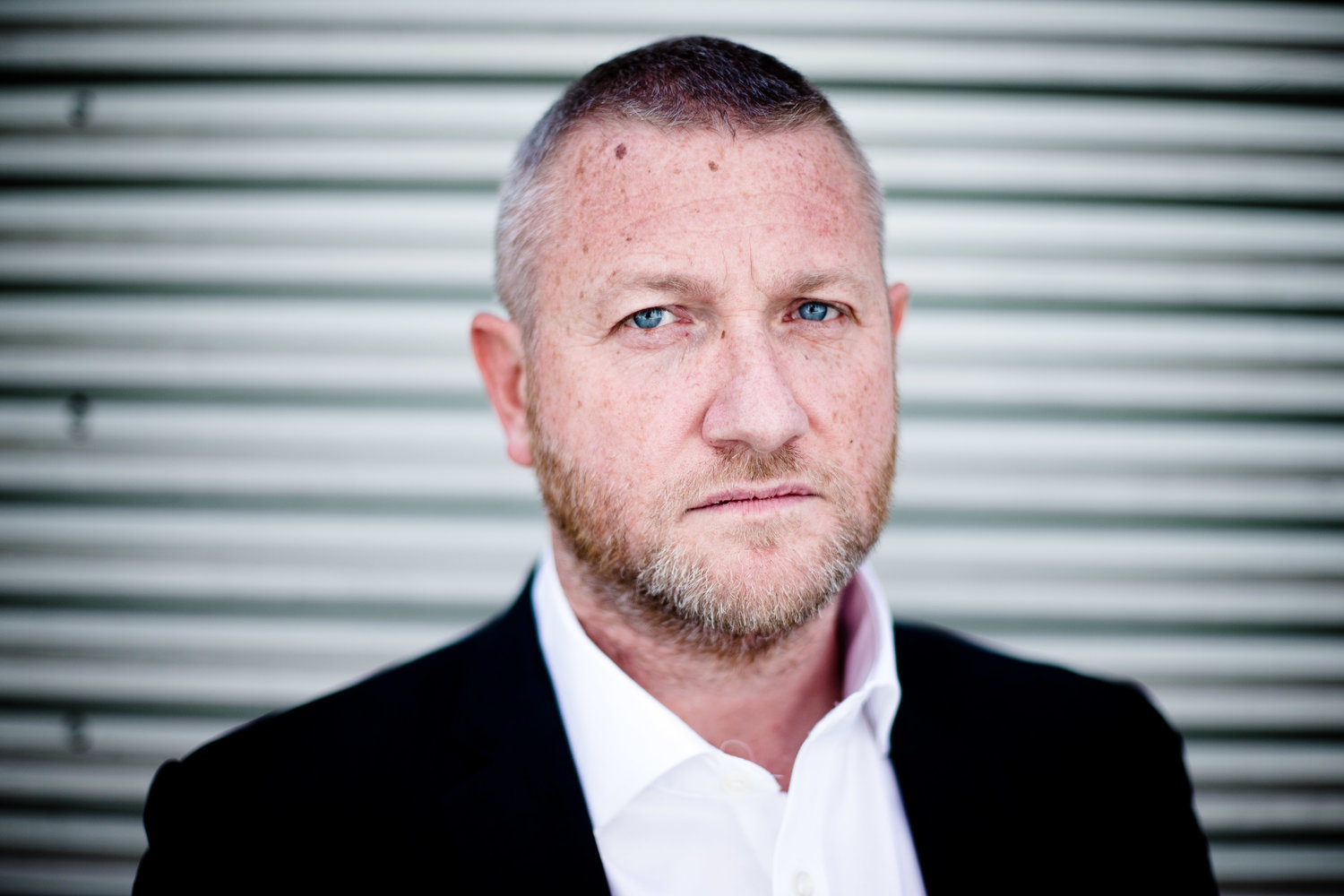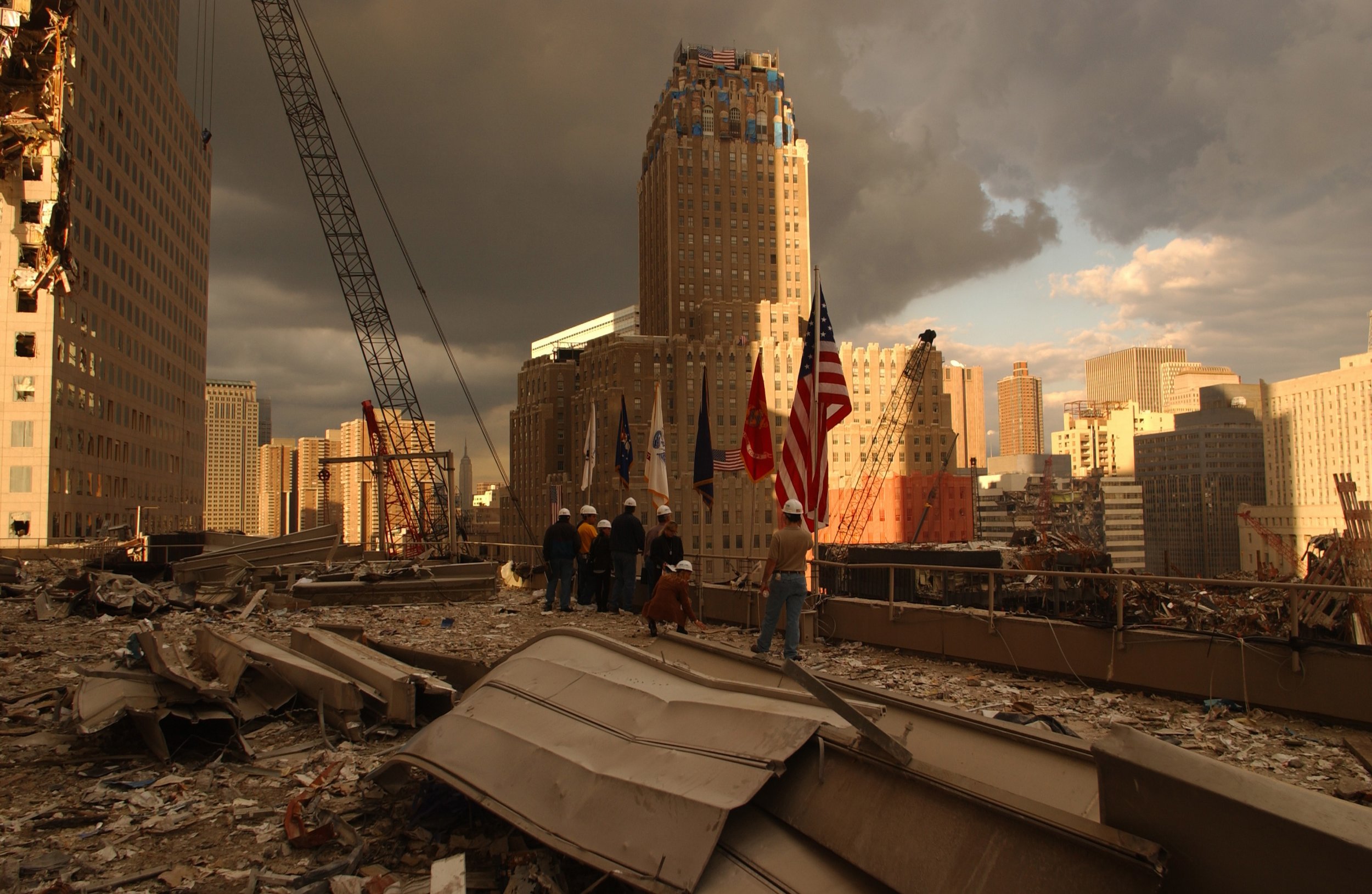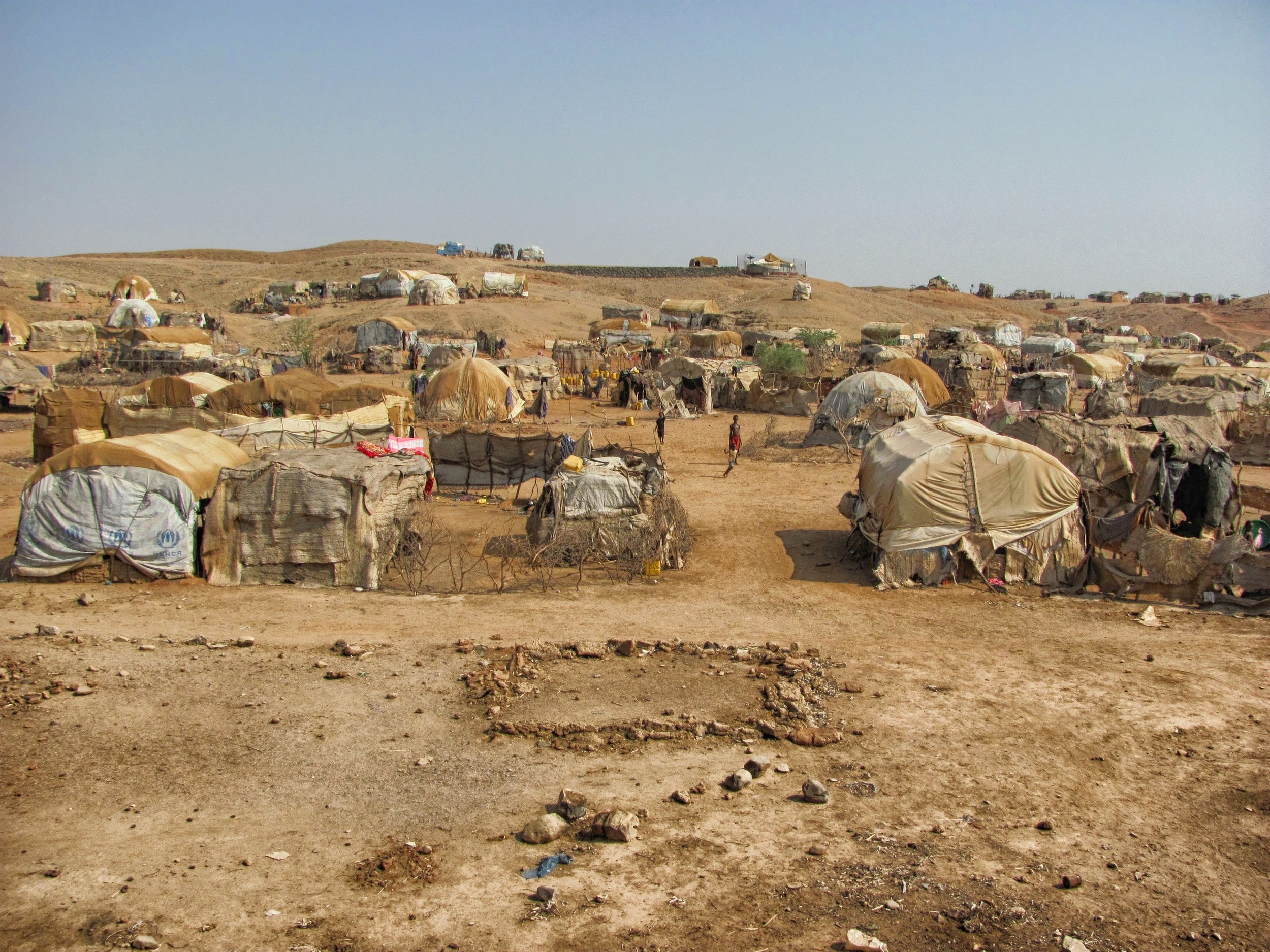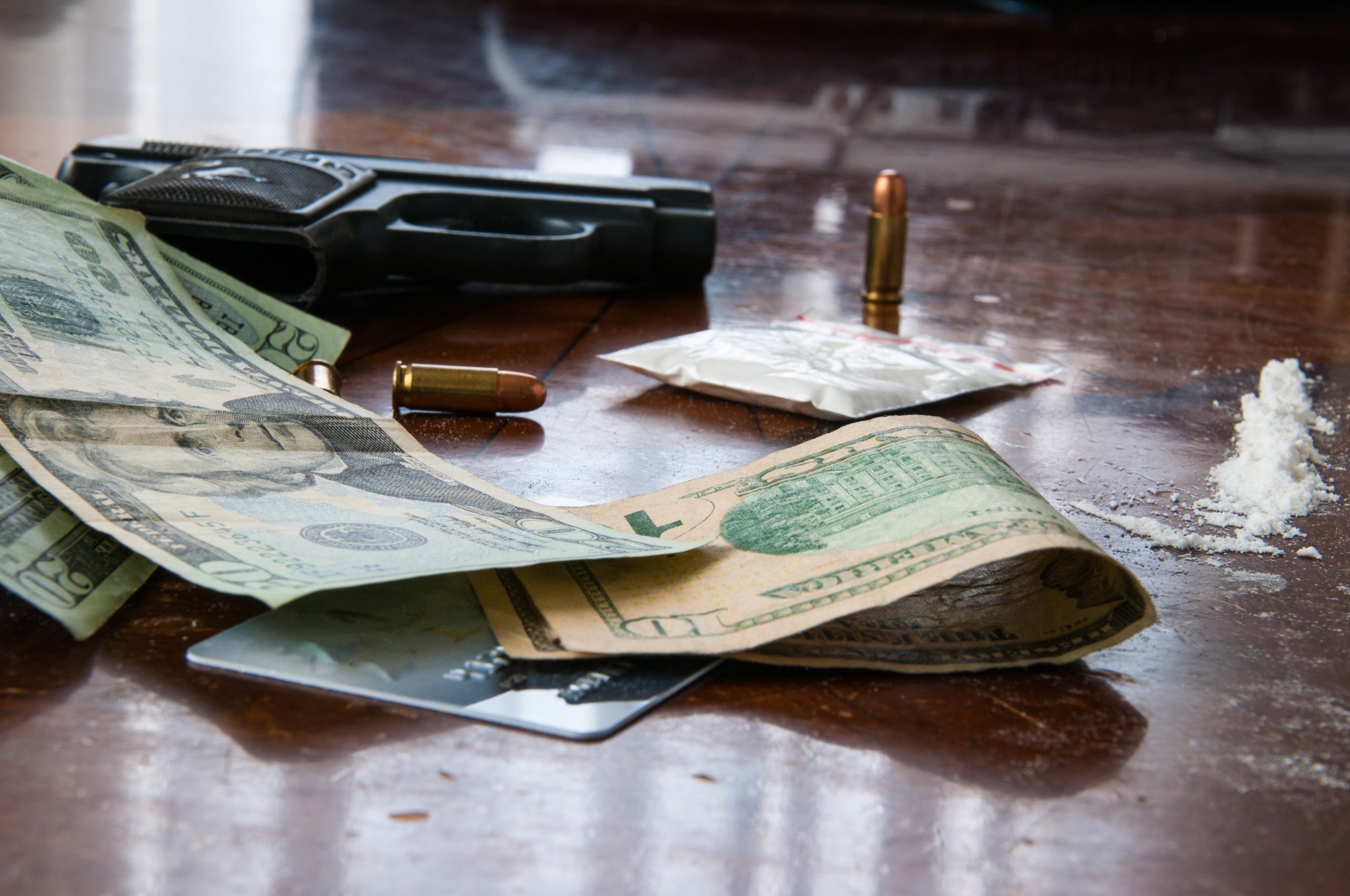THE FEAR FACADE
What do you see when you think of a revolutionary? Do you see a dashing young man or woman, in a romantic armed struggle, hoping to turn the tide?
How about a freedom fighter? A mutineer? An anarchist?
Would you help them in their fight; join them in their feud? What if their struggle wasn't peaceful, but violent and bloody?
One man’s hero is another man’s terrorist.
And terrorism appears to be everywhere right now. You could say we have hit #PeakTerror. Barely can you turn on a news channel or pick up a paper without hearing about an incident that’s being designated as such.
Origins of the Word
The concept of terrorism as a loose term has been in existence for nearly two thousand years, it derives from the Latin verb ‘terrere’ meaning “to frighten”. It is believed that the French coined the actual phrase ‘terrorisme’ to describe the state of emergency during the 1793–1794 Reign of Terror under Robespierre, as thousands of people were slaughtered in the streets of Paris.
There are various modern definitions of terrorism across the globe, some broader in their terms than others. Where they all agree though is that terrorism is an act of political or ideologically-based violence that takes place outside of defined theatres of war, and the act is designed to further a particular aim or view.
Terrorism is therefore defined by motive, and not method. Any act of violence, however small, could be a terrorist act if the motives of the attacker are political or ideological. Conversely, a large attack with purely criminal motivations is not terrorism.
And herein lies the problem with the investigation of modern day terrorism.
As we moved into the new millennium, we saw what is commonly perceived as perhaps the worst act of terrorism in modern history - the attack on the United States on 11th September 2001. This was followed by the attacks in Madrid in 2004 and the London bombings in July 2005.
The investigations into these attacks focused on the mechanics of how the perpetrators carried them out; who the perpetrators were; what materials they used and how they were financed. But because these acts are defined as terrorism, the motive is automatically recognised as political or ideological, despite very little being actually known as to why these attacks were really carried out.
Because the Security Service (MI5) in the UK have the lead on matters of national security, the police are not informed that an investigation is required, despite a wealth of information being held by them, unless MI5 decide they want to involve the police. Yet, MI5 are not trained as criminal investigators and have no detective background to speak of.
The Evidence?
Following a terrorist attack, the perpetrators will often leave video or written testimony as to their own specific reasons and motivations - and that is accepted, at face value, as the reason. Often the investigation will look no further for the motive.
I think that this is a mistake.
Why has a particular target been chosen? Why on that day? These are all questions a detective will ask when investigating any other sort of crime - but when investigating terrorism, on which British police do not have primacy anyway, these things are not questioned.
Terrorism entwined with organised crime
You could be forgiven for thinking that all terror attacks are random; indeed many investigators think the same.
Yet terrorism and organised crime have a very close-knit relationship. The so-called ‘ideological fights’ of modern ‘terror groups’ that you see on the news will very often relate to control.
This control might be about land; land rich in valuable resources such as oil, precious metals or diamonds; or where drugs are grown, shipped through or where other contraband goods are passed, to avoid large amounts of duty normally imposed by the state.
‘Religious purpose’ is often used as a way of recruiting fighters to defend these areas, to push out populous or to rid the area of government forces. Like the idea of the freedom fighter - to many it sounds attractive and glamorous. It’s fighting for a real cause.
Yet what many of the recruits do not realise is that at the heart of these struggles is a financial or power-driven motive - certainly not one that is only concerned with pure religion or political ideology.
However, the average fighter will not see this. They are heavily entrenched in their own religious motivations at a very personal level. Religious fanaticism is used to justify most of the barbaric acts that they will be asked to carry out. This is all part of the propaganda and PR drive used when recruiting people to these causes. It is not necessarily the ‘endgame’ of those organising what is actually going on. It is a way of subjugating and controlling people for a higher financial purpose.
And of course, those in control of the perpetrators know that IF they can make an act look like terrorism – any specific motive behind the attack will never be investigated. It will just be chalked up to ‘terrorism’ and they can continue their criminal business activities uninterrupted.
Religious extremism as a drugs empire
Substance abuse also plays a big part in these ‘religious’ wars. Most IS fighters, for example, use drugs. Captagon, the trademark name for the synthetic stimulant fenethylline, is a favoured one. An amphetamine, banned in most countries by the 1980s for being too addictive - it keeps them alert and makes them hyperactive; angry.
It doesn't sound very holy or noble, does it?
And who is dealing that Captagon to the fighters? Who is making money from their drug needs? And what does that money then go on to fund?
Here is the crossover.
Having worked in both specialist organised crime and terrorism units for the Metropolitan Police, I see terrorism through a slightly different lens to most. I spent many years seeing the effects first hand. The bomb scenes; dealing with the victims; interviewing the witnesses; collecting the evidence; tracking and arresting the suspects, and then interviewing the suspects.
And I see the kinship between the two areas.
Investigating terrorism often feels like investigating a large and organised drugs network. But in the place of, or alongside the drugs, the network deals mainly in twisted ideology. The ideology is distributed much in the same way that drugs are. The ideology is grown or made in a place far removed from the end user. It was perhaps never intended for use where it was made, its market much more specific. On its way it will pass through hundreds of different hands, and some, if not all of those people, will try to extract some profit from it on that journey. The drug will be ‘cut’, mixed with cheaper alternatives along the way, thus increasing its profitability.
Let’s make no mistake, religious extremism is a business, a multi-million pound business. And it is no surprise that this business is handed down from parent to child; hence why we see the same families through different generations being involved in the same activities.
The users of extremist literature are your casual drug users. They might not be regularly users, but they will use a dealer - this will be a bookshop or some individual. Through this dealer, the user now has access and connection to a very sophisticated web that stretches all the way back, through many middle men, to the very top of the network.
As the user gets more and more hooked on the product, they become heavier and heavier consumers, which fuels their need. Leaflets, talks, books and internet searches may not be enough to satisfy their cravings. They might use their contacts through that bookshop to pay to go to a military training camp. Again, somebody is making money out of their payment. And it is at this point that many ‘users’ become the most serious risks to the west.
It is these people that then come to the notice of police and intelligence services, when their addiction to a twisted ideology is overflowing and they can no longer keep their use a secret from friends, family and others. This is much the same way that addiction to drugs first comes apparent - when the individual can no longer function properly alongside the rest of society.
It is of course very easy to denigrate particular religions as being involved in, or being the cause of terrorism - especially when religious books and passages are twisted and used in support of the disgusting acts that some of these groups carry out. But in doing so, we close our eyes to the actual motivations and endgames of those who are organising these things. In doing so, the wider public are duping themselves just like many of the investigators; closing their eyes to what is actually lurking behind many of the ‘acts of terror’ we see.
To solely blame religion for terror attacks is naïve in the extreme - those doing so are actually scoring an own goal against the very groups that use this religiously based ideology as a way of recruiting people to their cause, or as a front to hide their criminal activities behind.
What I have found is that if you strip away the religious or political aspects, you remove the cachet, the legitimacy - and crucially, the ability to recruit. Then, all that is left is criminality; and there is always criminality at the heart of these things - properly organised and financially motivated criminality.
Of course the ‘drug addicted’ user who has been encouraged to carry out a ‘random’ act of violence on a particular day, in a particular location or even against a specific target on the part of his ‘dealer’, isn’t going to know or realise that that act is all part of a bigger game. All they know is that they will get a pat on the back, some money for themselves or their loved ones, another fix, or a final escape from their woes - and ultimately a place in history. A drugs importer wouldn't entrust a drug-addicted street kid with the secrets of how they launder their money, where they manufacture the product, or why they want to target a rival dealer, would they?
What I seek to do with the books that I write, my presence on social media, and the talks that I give, is to educate people that terrorism is about crime. So strip away any immediate thoughts of religion. When we start considering the criminal motives behind a so called ‘terrorist attack’, it will be easier to combat. When people stop blaming one religion or another and start seeing that this is people committing crime, we will be able to root out the dealers of the twisted ideologies, together.
Terrorism is a veneer; a facade used by many to disguise their criminality.
Look past the fear facade.






















